The opening was followed by a speech from Andrzej Duda, President of the Republic of Poland.
The exhibition which is opening today, which presents documents from the Ringelblum Archive, is another important step in recovering memory about the world which Hitler’s criminals intended to destroy forever. But it has survived – for the memory of Poland. Even more so: it has survived, above all, for the memory of the world. I am present here today as the President of Poland, as the President of the Polish Republic, because I deeply believe that telling the truth about the Holocaust of the Jews is our duty. Thus, we continue the work of Emanuel Ringelblum and his associates from Oneg Shabbat”. The President has also congratulated and thanked the Jewish Historical Institute on its 70th anniversary, wishing success in fulfilling „the enormously important, historical work – the mission to preserve the past for the future.
Professor Piotr Gliński, Minister of Culture and National Heritage, said about the Oneg Shabbat group: They wanted to collect and record their experiences, to record themselves, so we can individualise the memory today. (…) Thanks to the dedication of Emanuel Ringelblum and his associates, thanks to their persistence, their wisdom and most of all their heroism, we can tell the story about those times to the world again. We can, and we want to shout it out to the world. The Minister announced also his decision to establish a new institution of culture, located in the former building of the Bersohn and Bauman hospital at Sienna street in Warsaw: the Museum of the Warsaw Ghetto.
Afterwards, speeches were given by Ruth Cohen-Dar, deputy ambassador of Israel in Poland, Karel Fracapane – representative of UNESCO and Piotr Wiślicki, head of the Association of the JHI of Poland.


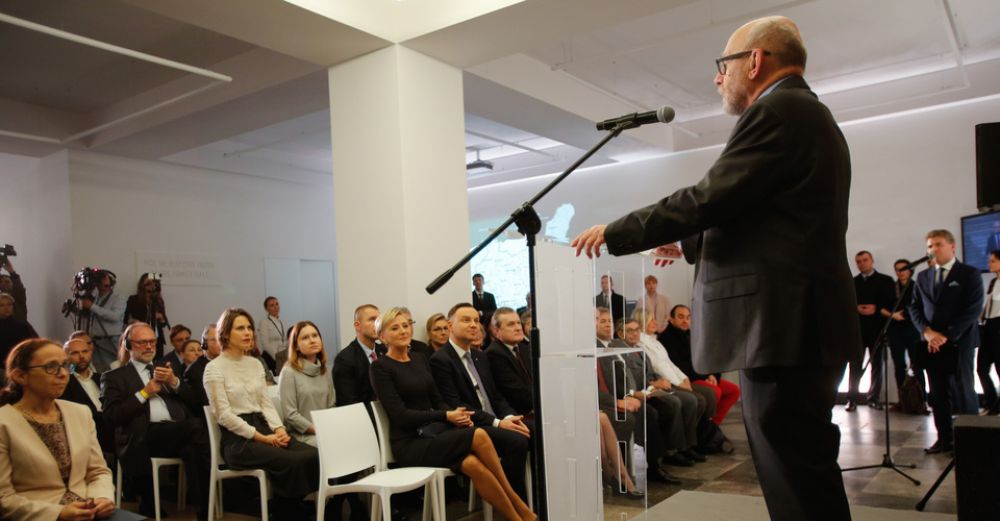
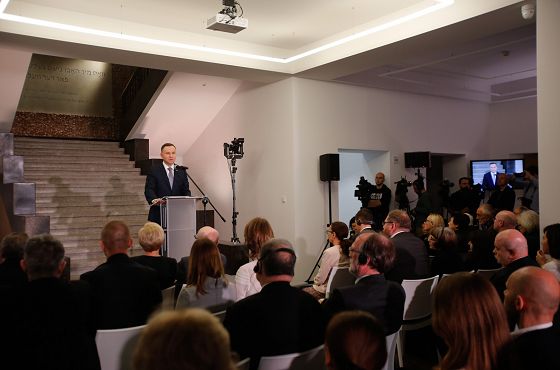
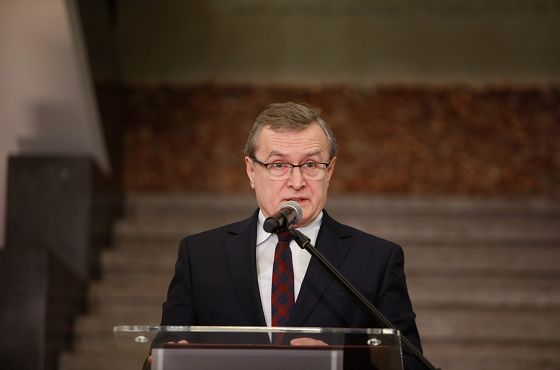
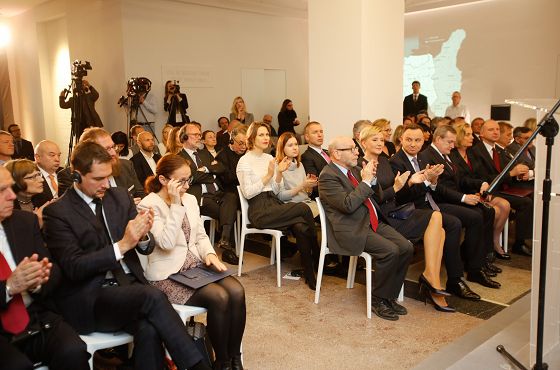
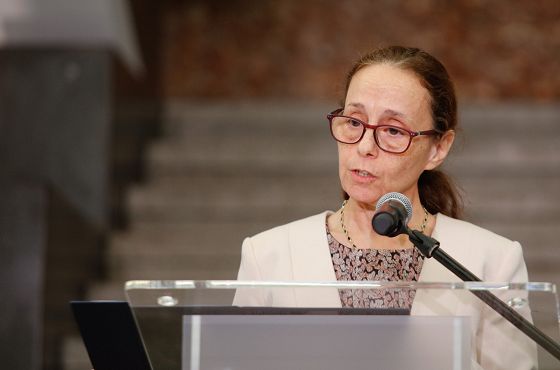
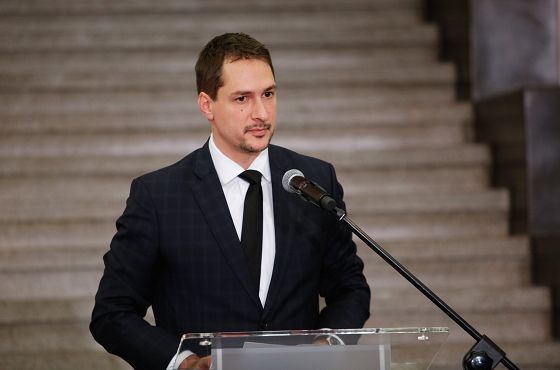
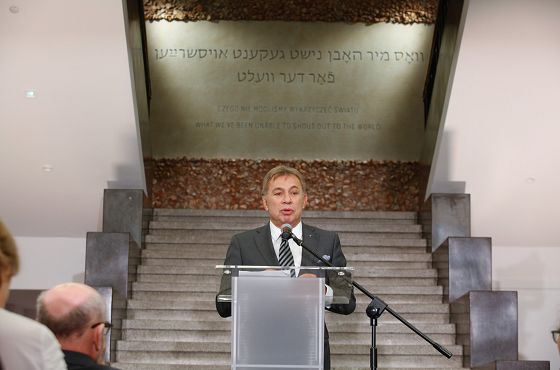
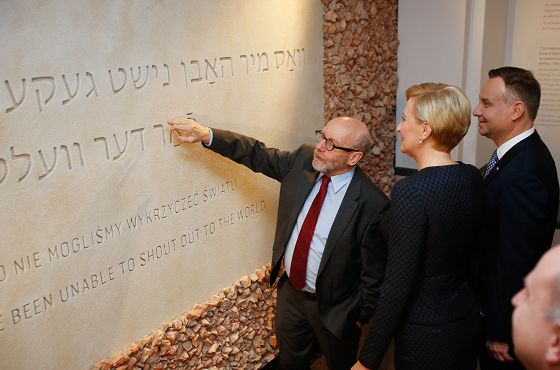
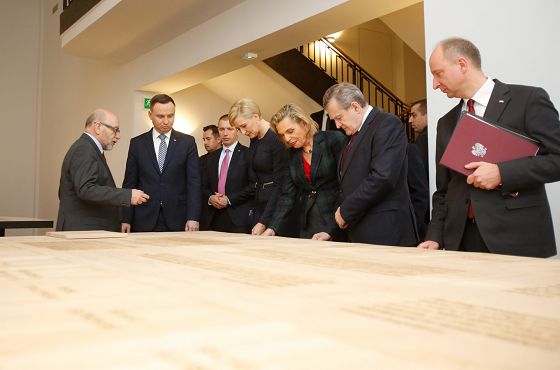
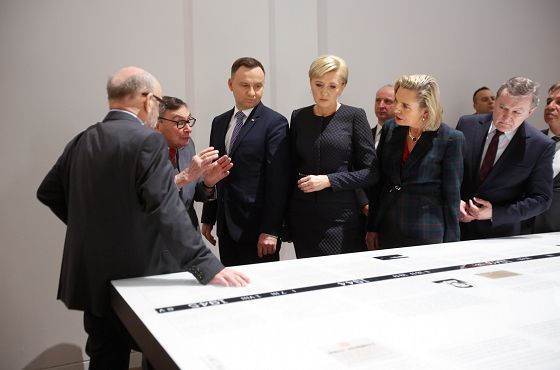
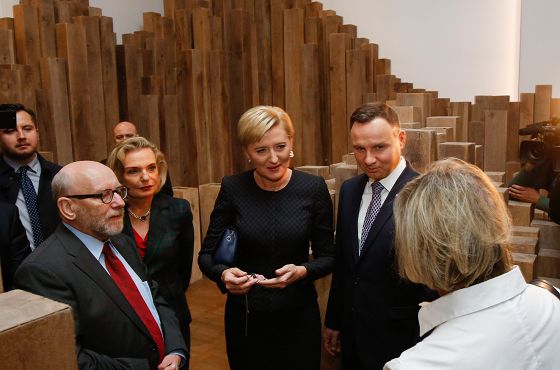
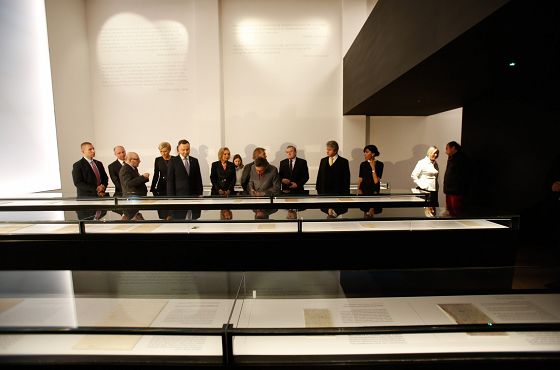
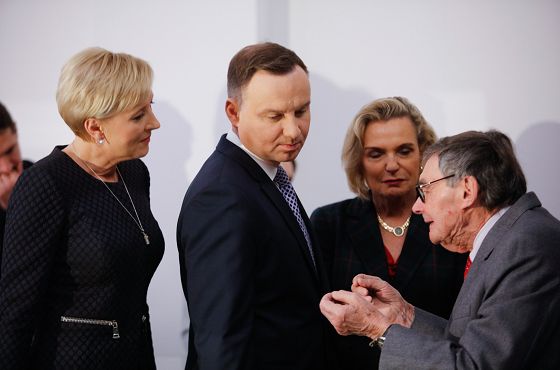
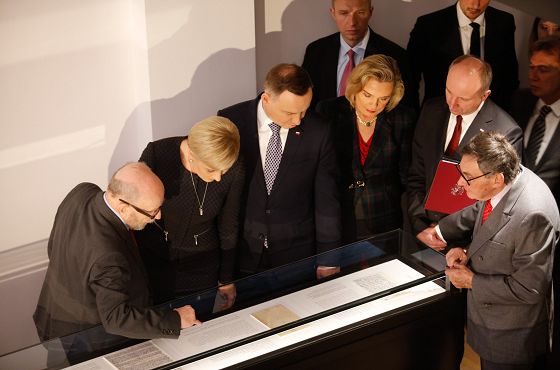
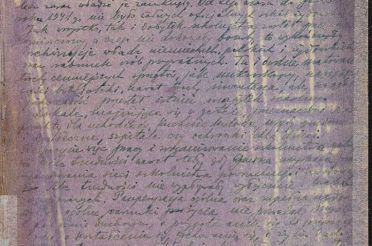
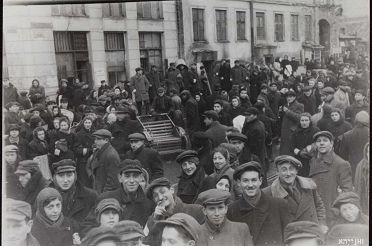
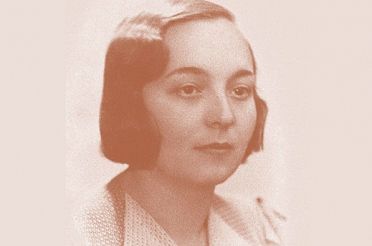
![MKiDN_bialy_logotyp_strona_ŻIH_EN.png [10.32 KB]](https://www.jhi.pl/storage/image/core_files/2023/1/12/0fbb15388d1a5d89c65891b6ce66941c/png/jhi/preview/ZNAK%20ENG.png)